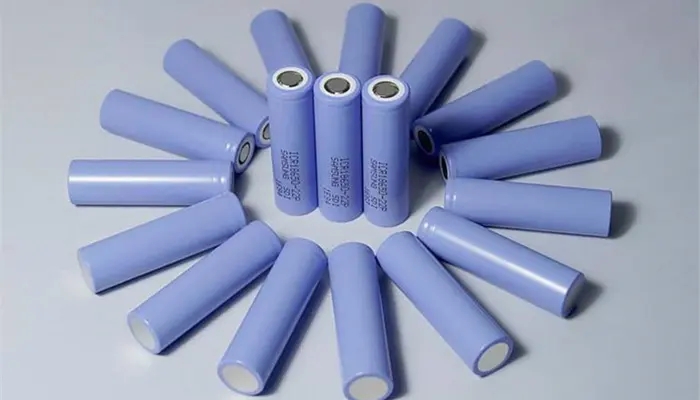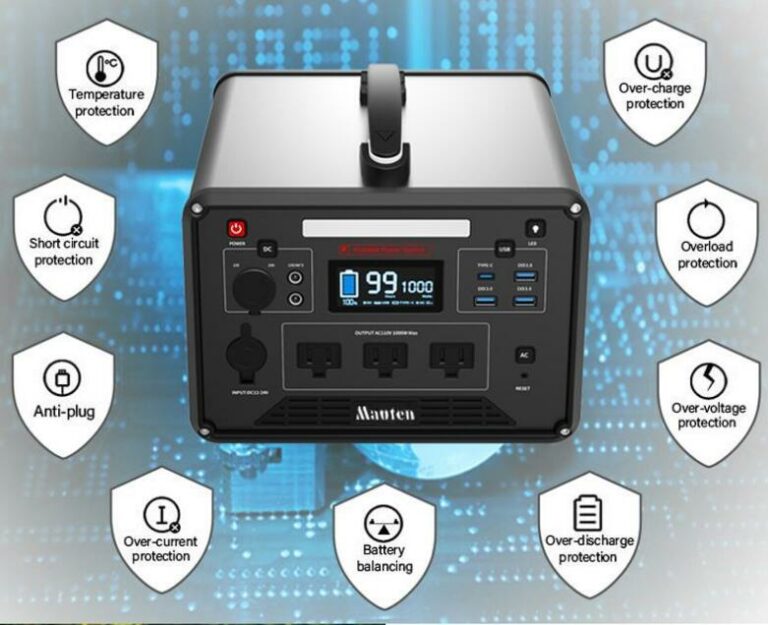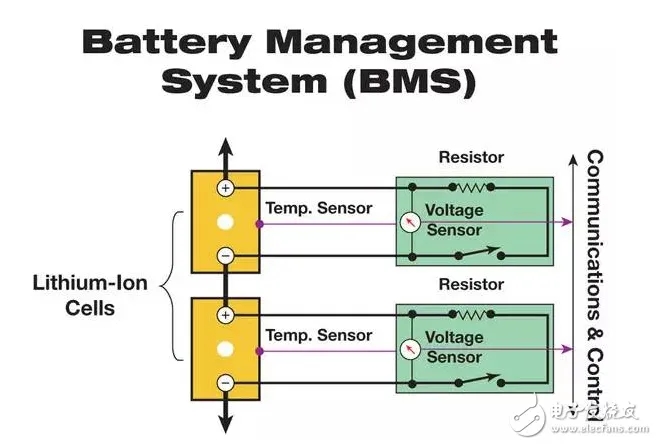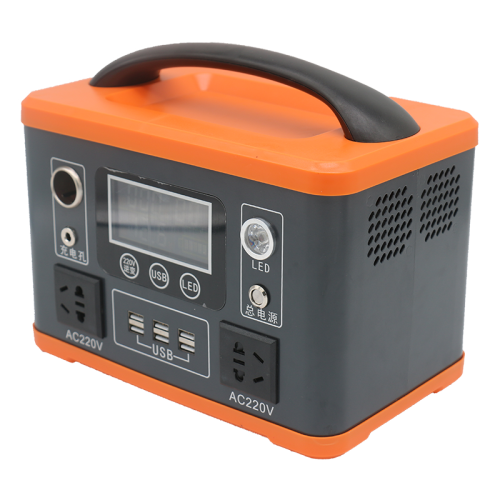What is Lithium iron phosphate battery?
Lithium iron phosphate battery (LiFePO4 battery, LFP battery) is a type of rechargeable battery. The LiFePO4 batteries have a high power density and a long cycle life. They are also non-toxic and can be used in applications where safety is critical.
It is one of the three most common lithium-ion batteries, along with lithium cobalt oxide and lithium manganese oxide. The most significant difference between these types of batteries is the cathode material used to make them.

Why use Lithium iron phosphate battery?
Lithium iron phosphate batteries have a high energy density and are non-toxic. They are also stable at high temperatures and can be used in applications where safety is critical. Lithium iron phosphate batteries have a higher voltage than other lithium-ion chemistries, which makes them ideal for use in hybrid electric vehicles (HEVs) or plug-in hybrid electric vehicles (PHEVs).

Section: Lithium iron phosphate cathode material
The cathode material in a lithium iron phosphate battery is made from lithium, iron and phosphate. The combination of these three materials produces a compound called LiFePO4, which has an atomic structure that allows for high energy density and can be used in many different applications such as electric vehicles (EVs) or Belecome Portable Solar Power Stations.
Section: Safety
The lithium iron phosphate battery is considered a very safe type of battery because it’s not prone to thermal runaway. This means that if there were a fire or an explosion, the battery would not continue to heat up and increase in temperature. Due to its safety, this type of battery is used in many applications including portable power stations,medical devices, electric vehicles and laptops where there is concern for high voltage fires.
Lithium iron phosphate batteries have a low risk of combustion when they are charged or discharged. Lithium iron phosphate batteries are also stable at high temperatures and can be operated in temperatures ranging from -40°C (-40°F) to 65°C (149°F).
The safety of lithium-ion batteries has been questioned in recent years, with some blaming the technology for exploding products such as hoverboards and smartphones. However, it’s important to note that these incidents were not caused by faulty lithium-ion batteries but rather by poorly designed lithium metal batteries that did not have proper safety protocols in place.
Section: Advantages compared to other types of lithium batteries
Lithium-ion batteries have several advantages over other types of lithium batteries. They are lightweight, can be charged quickly and more efficiently than other battery technologies, and are less likely to explode.
In addition, lithium-ion batteries are more environmentally friendly than other types of batteries. They can be recharged without losing their capacity over time, which means they are not subject to the “memory effect” that is common in nickel-metal hydride and nickel-cadmium batteries.
These batteries are also more energy-efficient and have a longer lifespan than other types of lithium batteries. Lithium metal batteries, for example, can be recharged only a few times before they start to degrade; their high power density requires large amounts of materials and manufacturing processes that make them less environmentally friendly than other types of batteries.
Section: Charge characteristics
The charging process for lithium batteries is different from that of other types of batteries. It takes much less time to fully charge a lithium battery than it does to charge other types of rechargeable batteries. The amount of time it takes to charge a lithium battery depends on how much energy is stored in the battery and whether it’s being charged at its full capacity or not.
The main advantage of lithium-ion batteries is that they can be recharged without losing their capacity over time, which means they are not subject to the “memory effect” that is common in nickel-metal hydride and nickel-cadmium batteries. These batteries are also more energy-efficient and have a longer lifespan than other types of lithium batteries. Lithium metal batteries, for example, can be recharged only a few times before they start to degrade; their high power density requires large amounts of materials and manufacturing processes that make them less environmentally friendly than other types of batteries.

For Wholesaler please go to our headquater: SEVEN COLORS LIGHTING CO.,LTD
For Retailer please go to our oneline store: Lighting Supply
Know More: Portable Solar Power Station
 Skype Me
Skype Me
